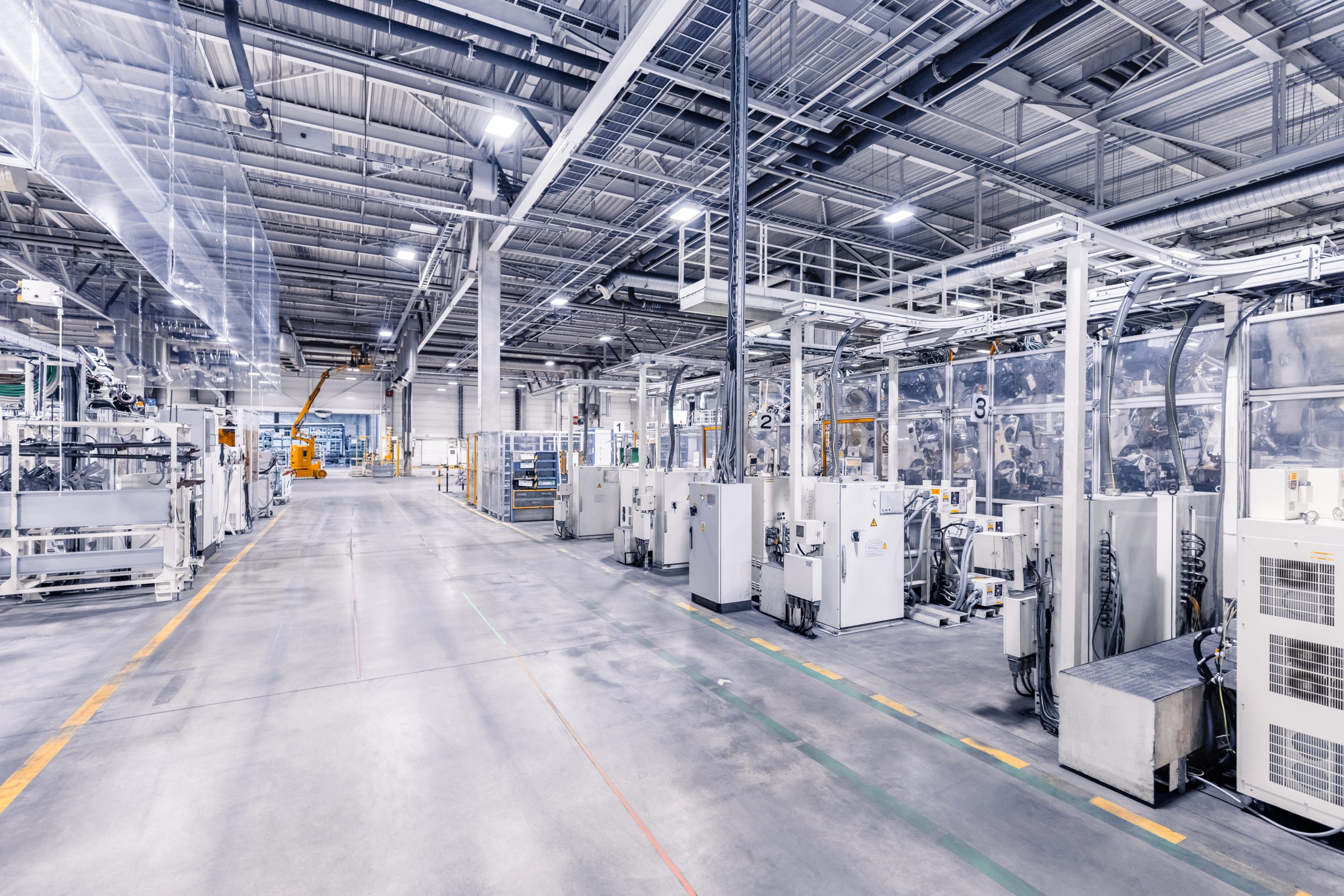In today’s rapidly evolving technological landscape, the importance of robotic control systems cannot be overstated. These systems are at the forefront of automation, enabling industries to enhance efficiency and precision. As we delve into how these systems can be adapted to meet specific customer needs, it becomes clear that flexibility and customization are key drivers in their success.
The Role of Robotic Control Systems in Modern Automation
Robotic control systems serve as the backbone for various automated processes across multiple industries. They facilitate precise movements and operations, ensuring that tasks are completed with minimal human intervention. By integrating advanced algorithms and sensors, these systems can adapt in real-time to changing conditions on the production floor. This adaptability not only improves productivity but also enhances safety by reducing human error during complex operations.
Lavichip: A Game Changer in Customization
lavichip has emerged as a pivotal player in enhancing robotic control system capabilities through its innovative solutions tailored for diverse applications. Their technology allows manufacturers to customize features based on specific operational requirements, thereby optimizing performance significantly. With lavichip‘s adaptable architecture, businesses can implement unique functionalities without overhauling existing infrastructure. This level of customization is crucial for companies looking to maintain a competitive edge while meeting distinct client demands.
Control Systems for Industrial Robots: Precision Meets Flexibility
The development of sophisticated control systems specifically designed for industrial robots marks a significant advancement in automation technology. These specialized control units enable robots to perform intricate tasks with high accuracy while being responsive to dynamic environments. By utilizing feedback loops and machine learning techniques, modern industrial robot controls can learn from past experiences and adjust their actions accordingly—ensuring optimal performance under varying circumstances.
Conclusion: The Future of Robotic Control Systems

The evolution of robotic control systems highlights an ongoing commitment towards adapting technologies that cater directly to customer needs. As industries continue embracing automation, the ability to tailor these systems will play an essential role in driving innovation forward. Ultimately, investing in customizable robotic solutions not only streamlines operations but also positions businesses favorably within increasingly competitive markets.
Click control system for industrial robot.

